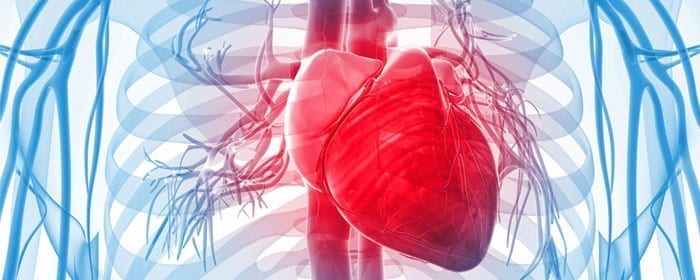A recent study, published in Circulation Research, has shown how umbilical cord mesenchymal stem cells may help patients who suffer from heart failure. The researchers observed patients with heart failure that was chronic and stable and that presented with reduced ejection fraction. Ejection fraction refers to the percentage of blood that leaves the heart each time the heart contracts and is normally 55% or higher. A reduced ejection fraction can indicate weakness, damage, or other problems.
In their investigation, the scientists aimed to evaluate whether infusing umbilical cord mesenchymal stem cells in this group of heart failure patients is safe – and whether the cells could improve any of the clinical features of heart failure in these patients. To do this, they infused 15 patients with umbilical cord mesenchymal stem cells and used a placebo in 15 other patients. They then tested patients for adverse side effects on the day they underwent infusions, as well as 15 and 90 days after the procedure.
None of the patients who underwent mesenchymal stem cell infusions exhibited adverse side effects over the period of time in which they were observed. Additionally, none of the patients tested positive for antibodies against the stem cells, meaning that the patients’ immune systems were not negatively reacting to the infusions. Based on these results, the researchers concluded that the mesenchymal stem cell transplants were safe for this group of heart failure patients.
The researchers also tested the patients’ cardiac function and quality of life 3, 6, and 12 months after the mesenchymal stem cell infusions. To do so, the scientists used imaging to look at the heart, employed ejection fraction level tests, and implemented what are known as the New York Heart Association functional class and Minnesota Living with Heart Failure Questionnaire.
The scientists’ tests showed that ejection fraction increased in the patients who had undergone mesenchymal stem cell infusions, with the most significant increase apparent at 6-month post-infusion. The patients who had received the placebo treatment, on the other hand, did not show any change in ejection fraction. Functional status and quality of life were also better because of mesenchymal stem cell infusion than placebo. Future studies will help us better understand how we can use these cells to help those with heart failure.
Learn about the regenerative potential of Mesenchymal stem cells here.


 St. Petersburg, Florida
St. Petersburg, Florida
